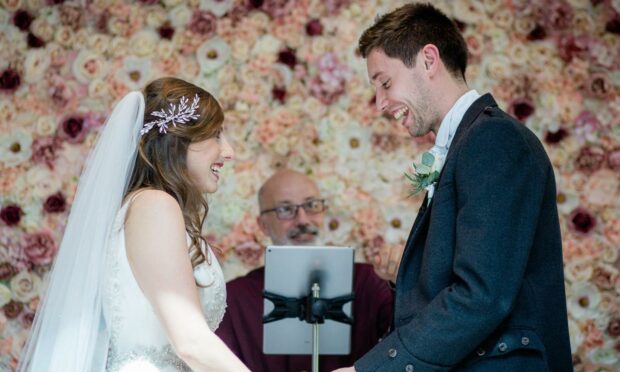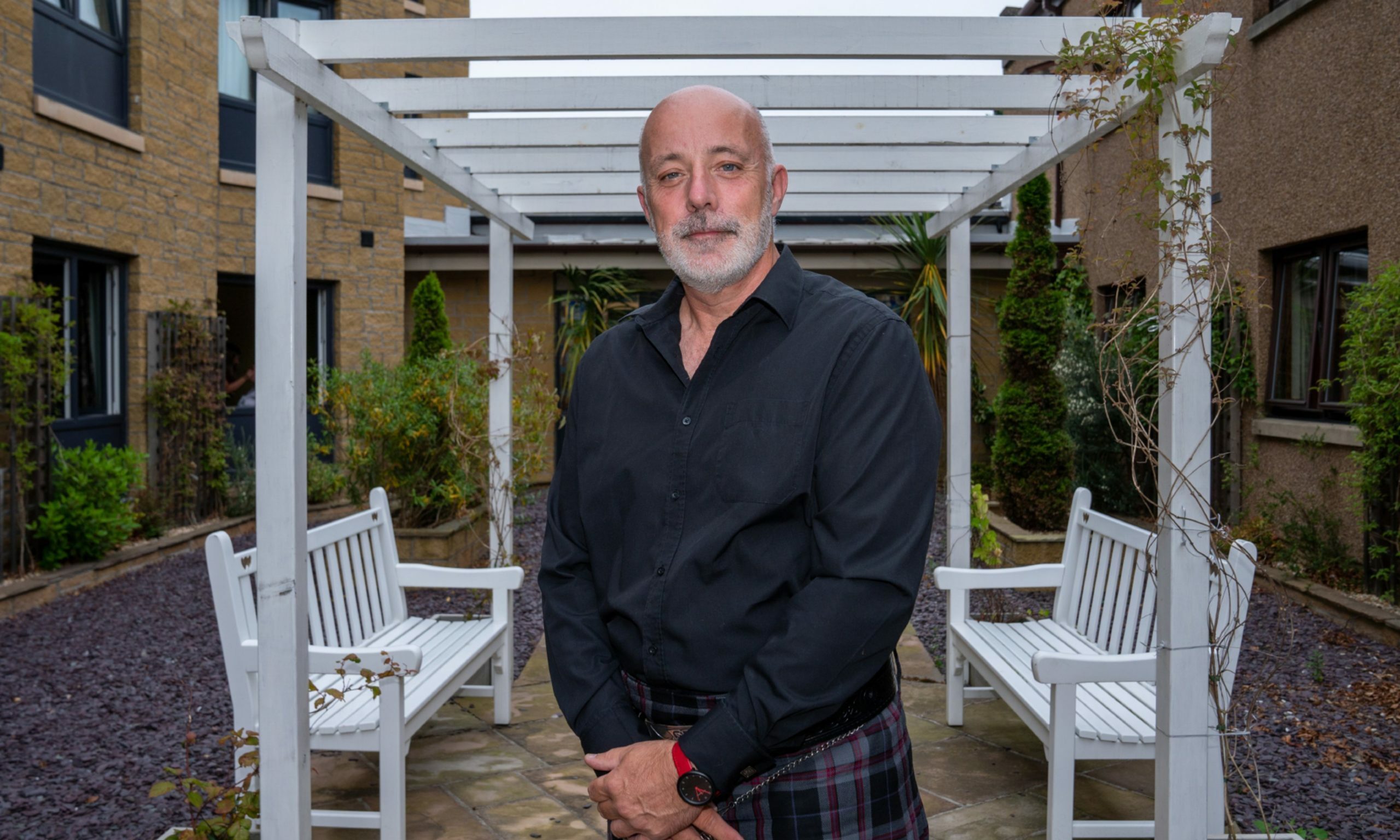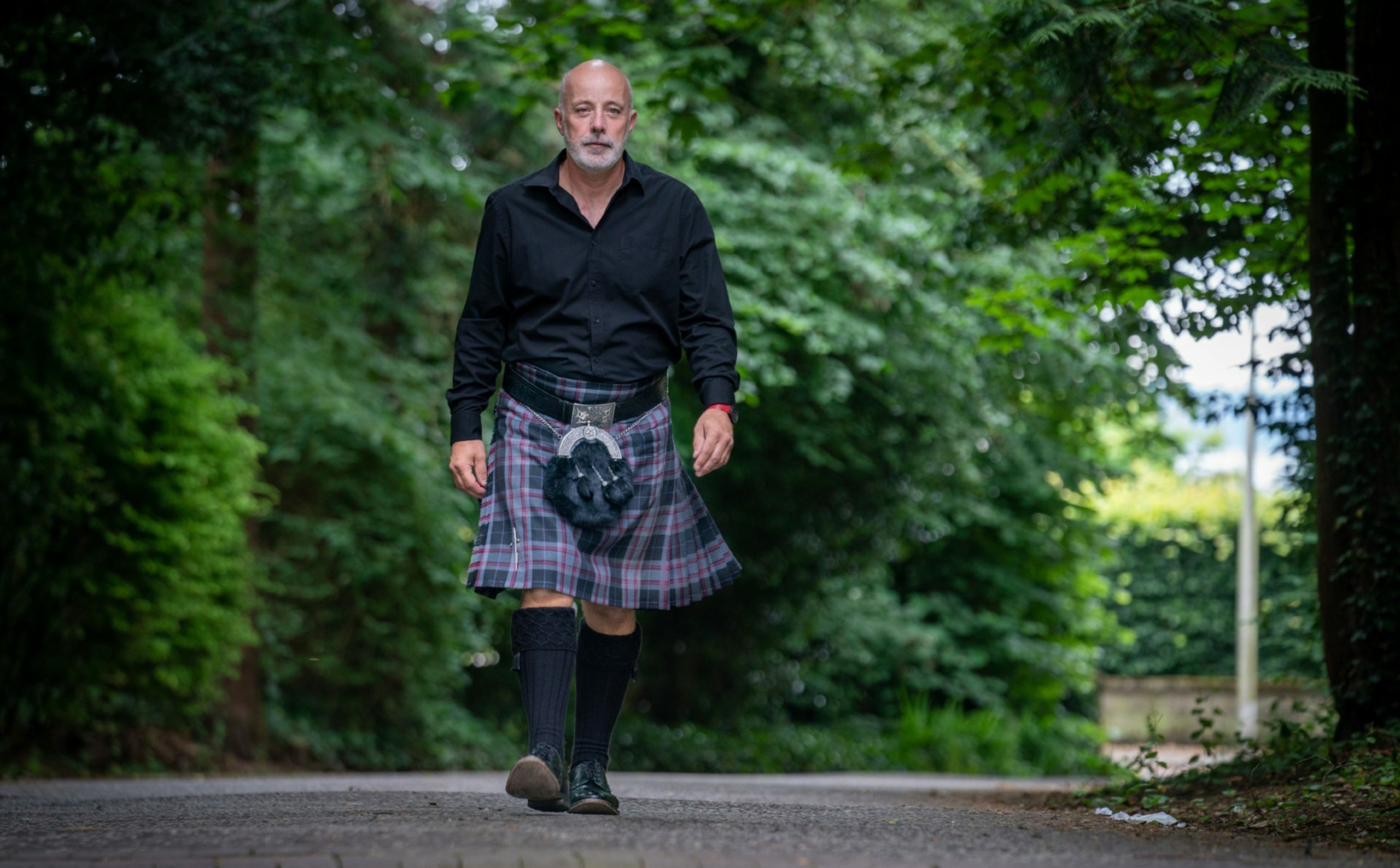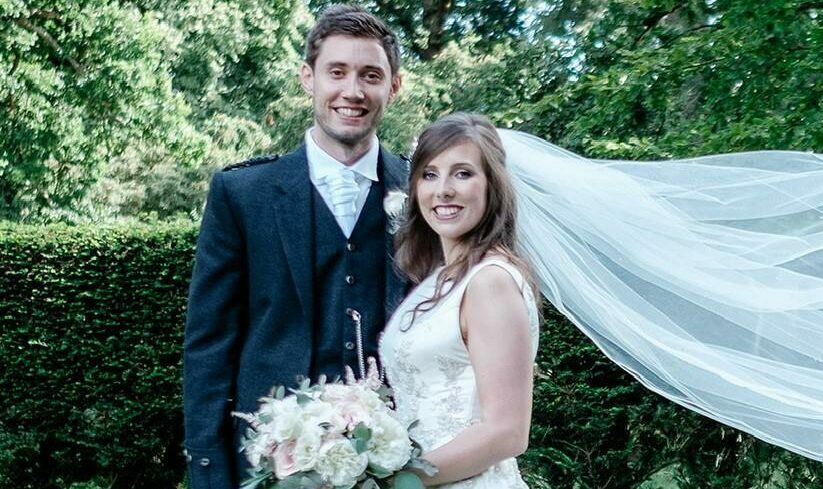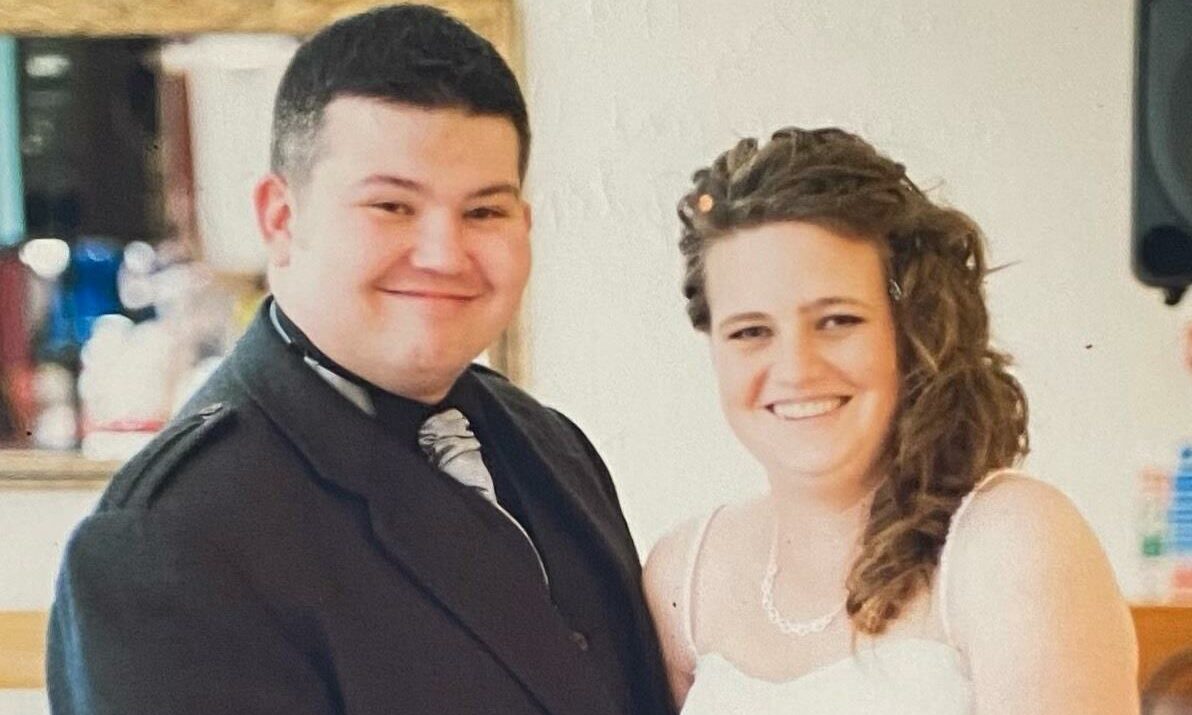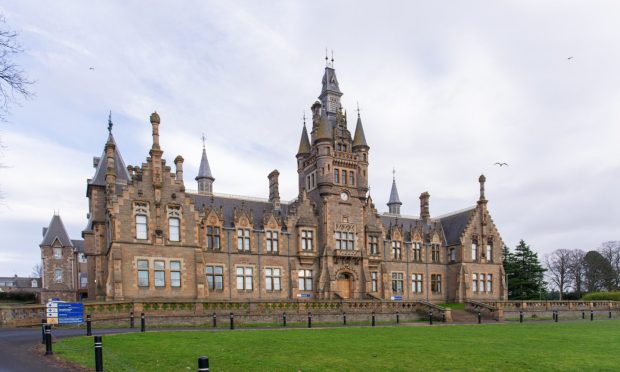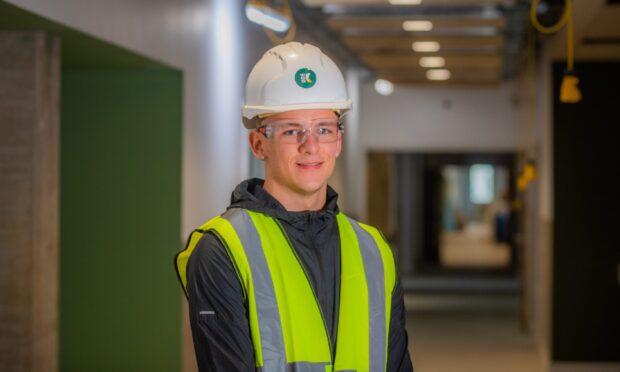Humanist wedding ceremonies have soared in popularity over the last decade, with one in six couples hitched last year choosing a humanist celebrant.
Of the 11,986 marriages in 2020, some 2,012 were humanist – more than three times the 649 Church of Scotland weddings.
Civil ceremonies remained the most popular choice, accounting for more than half of the number of marriages registered, but the number of couples choosing a humanist wedding rose three-fold between 2010 and 2019 from just over 2,000.
As the pandemic saw many couples scrap wedding plans last year, numbers plummeted for all types of ceremony, according to figures from the National Records of Scotland.
But why have humanist weddings become so popular since the first one was held in Scotland in 2005 and what are they like?
We spoke to couples who tied the knot this way to find out why it appealed to them and a Humanist Society Scotland celebrant to find out what ceremonies are like.
What is humanism?
According to the Humanist Society Scotland, humanists believe scientific and ‘rational’ rather than supernatural explanations for the universe and seek to live ethical and fulfilling lives based on reason and compassion.
How is a humanist wedding ceremony conducted?
Humanist celebrant Gary Smith has conducted ceremonies among standing stones in the rain in Mull, up a mountain in Glencoe, on beaches and in back gardens.
He asks couples four questions as he helps them shape their personalised ceremony.
How did they meet? Why are they marrying? What does marriage mean to them? What do they want for the future?
They are then free to script their own ceremony to tell their story, or base it on a template he provides.
The only requirement is they make a legal declaration, for which he suggests: “I [name] accept you [partner’s name] in marriage as my lawfully wedded wife/husband and my equal partner.”
I [name] accept you [partner’s name] in marriage as my lawfully wedded wife/husband and my equal partner.”
The legal declaration
Gary, 58, said 95% of couples he marries have chosen a humanist ceremony as they were so impressed by the personal element of other humanist weddings they had attended.
He said: “It’s having the lovely humanist ceremony that’s personal to them, and the ceremonies are inclusive.
“We try to give couples a voice in their ceremony. Their own words come through, it becomes more personal to the couple and their guests. They recognise the stories.
“The other thing is, people are less religious and the option is there to sit down with your partner, and your family sometimes, to make a decision.
“That decision used to be getting married in a church or the registrar’s, then when humanism came along up came a third option for couples.”
Their own words come through, it becomes more personal to the couple and their guests. They recognise the stories.”
Celebrant Gary Smith
The first humanist wedding in Scotland was held in 2005 and Gary said awareness was growing and families were becoming more open to the concept.
He said: “It’s all about the same thing, it’s all about love and respecting each other.
“We are not anti-religious, we just don’t have a faith based on supernatural but we do have an understanding that people need a right to believe what they want to believe.”
Having conducted around 750 weddings since 2007, Gary, of Monifieth, gave up his job as a scientist at the beginning of last year to become a full-time celebrant.
This year, with more couples choosing to wed outdoors due to the pandemic, his job has taken him across Scotland from as far north as Inverness and south as Dumfries.
Megan and Chris Hainey
Choosing a humanist ceremony was a “no brainer” for Megan and Chris Hainey.
Megan, 29, a solicitor, said: “Neither me nor my husband are religious so the idea of having a religious wedding felt a bit hypocritical.”
They had attended the humanist wedding of a cousin and came across the concept again at a wedding fair.
The Dundee couple, now parents to four-month-old Calvin, wed in Balbirnie House Hotel, Markinch, on August 2, 2019.
Megan said: “The ceremony was very much about us and how we met and why we were getting married as opposed to just being a copy and paste kind of ceremony which we didn’t want.
The ceremony is just so personal and for us it was definitely the right choice.”
Megan Hainey
“A couple of people said to us they’d only been to religious ceremonies before and that they didn’t understand why people would have a humanist ceremony.
“After attending ours they said it was one of the best ceremonies they’d been to.”
Looking back, she said she and Chris, 31, a joiner were “100%” certain they made the best decision.
She said: “The ceremony is just so personal and for us it was definitely the right choice.”
Mary and Mark Gibson
When Mary and Mark Gibson, of Montrose, married 10 years ago few if any of their guests knew what humanism was.
Mary, 37, said: “For a few years after we got married when I’d say to people I had a humanist celebrant no one had any idea what it meant.”
She and Mark, 38, an operational manager, married in Garvock Parish Church on July 2, 2011.
For a few years after we got married when I’d say to people I had a humanist celebrant no one had any idea what it meant.”
Mary Gibson
Mary, who works for a mental health charity, said: “We wanted the feel of walking down the aisle but we didn’t want the religious part of the ceremony.”
She had attended a humanist funeral then spoke to a humanist celebrant at a wedding fair.
Guests who knew little of humanism were impressed.
Mary said: “A lot of people I spoke to after really liked it. The whole ceremony was personalised to us, it wasn’t the typical wedding vows.”
